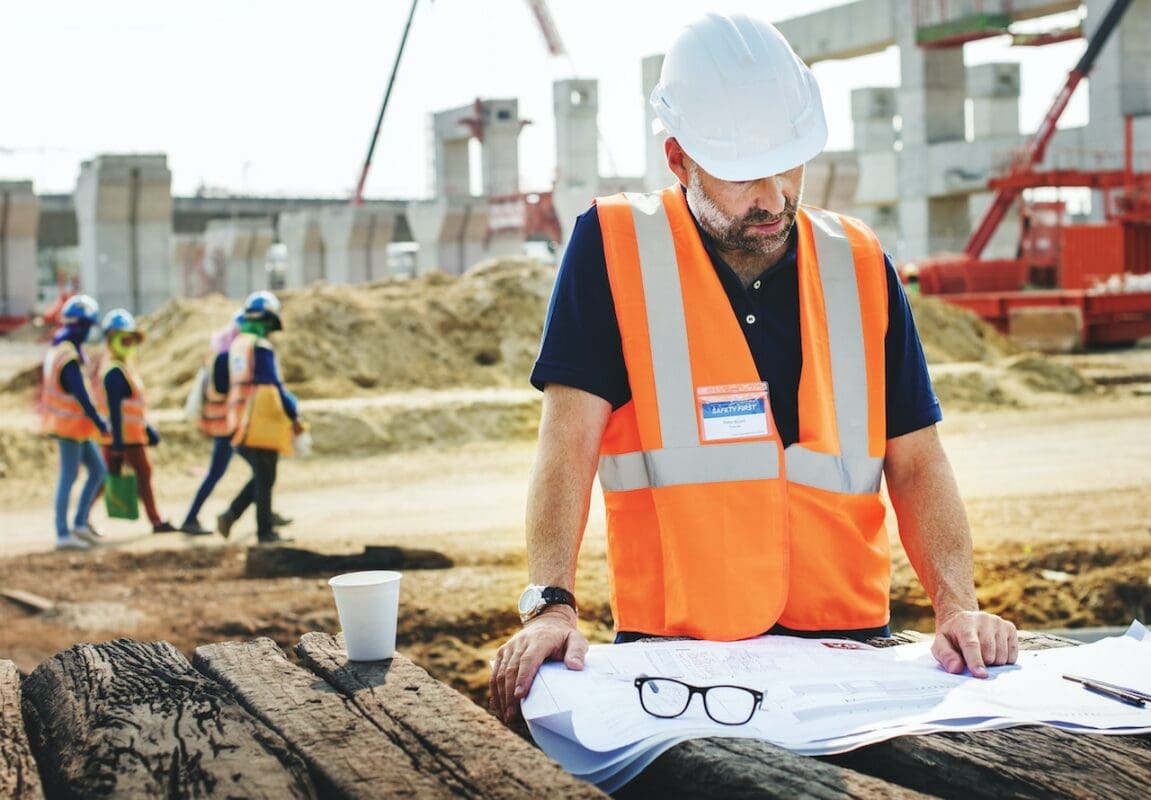Role and Responsibilities
- Project Management
- Planning: Develop a detailed construction plan that includes timelines, resource allocation, and project milestones.
- Scheduling: Create and maintain a project schedule to ensure that tasks are completed on time. Coordinate the timing of various subcontractors and suppliers.
- Coordination
- Subcontractor Management: Hire and manage subcontractors for specialized tasks such as electrical work, plumbing, and carpentry. Ensure that subcontractors meet their contractual obligations and adhere to quality standards.
- Supplier Coordination: Source and manage the supply of materials and equipment needed for the project.
- Budget Management
- Cost Estimation: Provide accurate cost estimates for the project based on plans and specifications. Include costs for labor, materials, equipment, and overheads.
- Budget Control: Monitor and control project expenses to ensure that the project stays within budget. Handle financial transactions, including payments to subcontractors and suppliers.
- Compliance and Permits
- Regulatory Compliance: Ensure that the construction work complies with local building codes, regulations, and safety standards.
- Permits and Inspections: Obtain necessary permits and schedule inspections to ensure that the work is done in accordance with legal requirements.
- Quality Control
- Standards Enforcement: Maintain high standards of workmanship and ensure that all work is performed according to the project’s specifications and quality requirements.
- Problem Resolution: Address and resolve any issues or discrepancies that arise during the construction process.
- Communication
- Client Liaison: Act as the primary point of contact between the client and the construction team. Provide regular updates on project progress and address any concerns the client may have.
- Team Coordination: Facilitate effective communication among the project team, including subcontractors, suppliers, and other stakeholders.
- Risk Management
- Safety: Implement safety protocols to protect workers and the public. Ensure compliance with health and safety regulations.
- Contingency Planning: Develop contingency plans to address potential risks and unexpected issues that could impact the project.
- Documentation
- Record Keeping: Maintain comprehensive records of project documents, including contracts, change orders, progress reports, and financial records.
- Reporting: Provide detailed progress reports and updates to clients, stakeholders, and regulatory authorities.
Types of General Contractors
- Residential General Contractors: Specialize in home construction, renovation, and remodeling projects.
- Commercial General Contractors: Focus on commercial projects such as office buildings, retail spaces, and industrial facilities.
- Specialty General Contractors: May focus on specific types of projects, such as green building or historic restoration.
Contracting Models
- Fixed-Price Contract: The general contractor agrees to complete the project for a set price. This model is typically used when project scope and specifications are well-defined.
- Cost-Plus Contract: The general contractor is reimbursed for actual costs incurred plus a fee or percentage for overhead and profit. This model is often used when project scope is not well-defined.
- Design-Build: The general contractor takes on both design and construction responsibilities, offering a single point of contact for the client.
Skills and Qualifications
- Experience: Extensive experience in managing construction projects, including knowledge of construction methods, materials, and best practices.
- Licensing and Certification: Often required to hold specific licenses and certifications, which vary by location.
- Project Management Skills: Strong organizational and managerial skills to handle complex projects and coordinate various aspects of construction.
- Communication: Excellent communication skills for interacting with clients, subcontractors, and other stakeholders.
Legal and Ethical Considerations
- Contractual Obligations: Adhere to the terms and conditions outlined in contracts with clients, subcontractors, and suppliers.
- Ethical Practices: Maintain integrity and transparency in all dealings and ensure compliance with legal and ethical standards in construction.


In summary, a general contractor is essential for the successful completion of construction projects, providing leadership and coordination across various aspects of the construction process.
What is the policy?
1. Safety and Health Policies
- Workplace Safety: Implement and enforce safety protocols to protect workers from accidents and injuries. This includes compliance with Occupational Safety and Health Administration (OSHA) standards or equivalent local regulations.
- Training: Provide regular safety training and certifications for all workers and subcontractors.
- Incident Reporting: Establish procedures for reporting and investigating accidents or safety incidents on-site.
2. Quality Control Policies
- Standards Compliance: Ensure that all construction work meets industry standards, building codes, and project specifications.
- Inspection and Testing: Conduct regular inspections and testing of materials and workmanship to maintain high quality.
- Corrective Actions: Address and rectify any deficiencies or issues identified during inspections.
3. Budget and Financial Management Policies
- Cost Estimation: Provide accurate and detailed cost estimates based on project plans and specifications.
- Budget Monitoring: Track and control project expenses to prevent cost overruns and stay within budget.
- Payments and Invoicing: Manage payments to subcontractors, suppliers, and other stakeholders according to contract terms and project milestones.
4. Contract Management Policies
- Contractual Obligations: Adhere to the terms and conditions outlined in contracts with clients, subcontractors, and suppliers.
- Change Orders: Manage and document changes to the project scope, including cost adjustments and schedule impacts.
- Dispute Resolution: Establish procedures for resolving disputes and disagreements that arise during the project.
5. Regulatory Compliance Policies
- Permits and Licensing: Obtain all necessary permits and licenses required for the construction project.
- Building Codes: Ensure compliance with local building codes and regulations, including those related to structural integrity, safety, and environmental impact.
- Environmental Regulations: Follow regulations related to waste management, emissions, and other environmental considerations.
6. Project Management Policies
- Scheduling: Develop and maintain a detailed project schedule, coordinating the timing of various tasks and subcontractors.
- Communication: Maintain open and effective communication with clients, subcontractors, and other stakeholders. Provide regular progress reports and updates.
- Risk Management: Identify and manage potential risks and issues that could impact the project. Develop contingency plans to address unforeseen challenges.
7. Employee and Subcontractor Policies
- Hiring Practices: Ensure that subcontractors and employees are qualified and certified for their specific tasks.
- Performance Management: Monitor and evaluate the performance of subcontractors and employees to ensure they meet project standards.
- Ethics and Conduct: Enforce policies related to ethical behavior, including anti-corruption and anti-bribery practices.
8. Documentation and Record Keeping
- Project Documentation: Maintain comprehensive records of contracts, change orders, inspection reports, and other project-related documents.
- Compliance Records: Keep records related to safety training, permits, and regulatory compliance.
- Financial Records: Document financial transactions, including invoices, payments, and budget reports.
9. Customer Service and Client Relations
- Client Communication: Maintain clear and professional communication with clients, addressing their concerns and providing updates on project progress.
- Customer Satisfaction: Implement measures to ensure client satisfaction with the quality of work and overall project outcome.
10. Legal and Ethical Standards
- Legal Compliance: Ensure that all practices and operations comply with local, state, and federal laws.
- Ethical Practices: Uphold high ethical standards in all aspects of the business, including dealings with clients, subcontractors, and suppliers.
By following these policies, general contractors can manage construction projects effectively, minimize risks, and ensure successful project outcomes while maintaining high standards of safety, quality, and professionalism.


